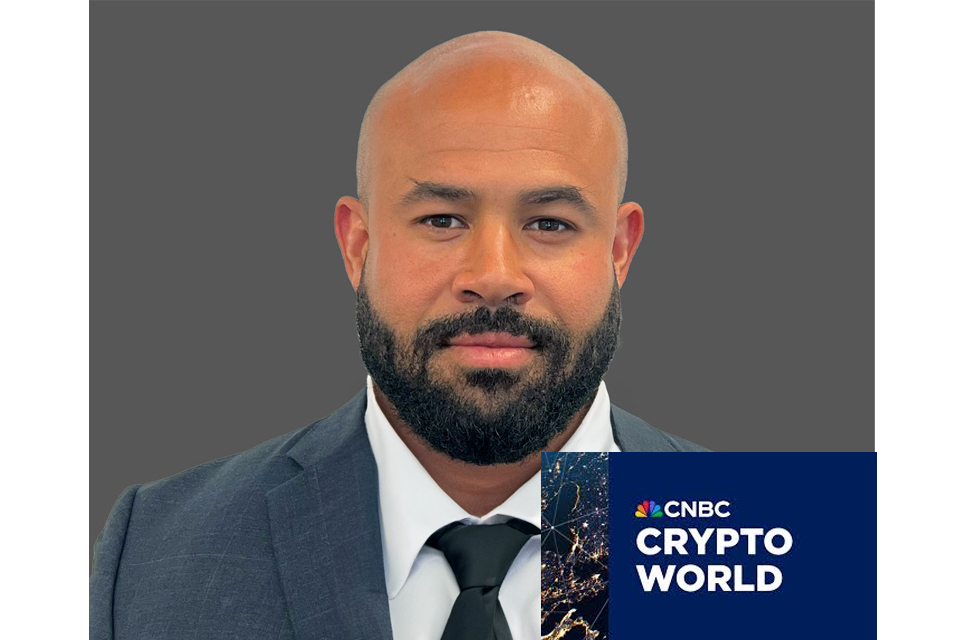يمكن للمحفزات البصرية الصريحة مثل المواد الإباحية أن تقلل من الاهتمام الجنسي لدى الرجال لعدة أسباب مترابطة، والتي تشمل إزالة التحسس، والتوقعات غير الواقعية، والتأثير على العلاقات، والآثار النفسية. وفيما يلي تحليل مفصل لهذه العوامل:
1. إزالة التحسس
أحد أهم آثار الاستهلاك المتكرر للمواد الإباحية هو إزالة التحسس. يشير هذا إلى انخفاض الاستجابة العاطفية والفسيولوجية للمنبهات التي تسببت في السابق في الإثارة. نظرًا لأن الرجال يتعرضون باستمرار لمحتوى جنسي صريح، فقد تصبح أدمغتهم أقل استجابة للمحفزات الجنسية الطبيعية أو الحقيقية.
– التحمل: كما هو الحال مع أشكال الإدمان الأخرى، يمكن للرجال تطوير تحمل تجاه XNXX، مما يعني أنهم بحاجة إلى محفزات أكثر كثافة أو متنوعة لتحقيق نفس رد الفعل المثير. وهذا يمكن أن يؤدي إلى انخفاض الاهتمام بالأنشطة الجنسية مع شركاء حقيقيين، الذين لا يقدمون نفس الكثافة البصرية.
2. توقعات غير واقعية
يمكن أن يؤدي استهلاك المواد الإباحية إلى خلق توقعات غير واقعية بشأن الأداء الجنسي للشركاء ومظهرهم الجسدي. قد ينتهي الأمر بالرجال إلى مقارنة الواقع بالصور التي يرونها في الأفلام المثيرة، مما قد يؤدي إلى عدم الرضا والإحباط.
– المقارنة مع المثل العليا: هذه المقارنة يمكن أن تؤدي إلى تصور مشوه للرغبات والتفضيلات الجنسية. قد يصبح الرجال أقل اهتمامًا بشركائهم الحقيقيين إذا لم يتوافقوا مع المثل العليا المقدمة في المواد الإباحية.
3. التأثير على العلاقات
يمكن أن يؤثر الاستخدام المكثف لـ xxnxx سلبًا على العلاقات الرومانسية بين الرجال. تشير الدراسات إلى أن هناك علاقة بين استهلاك المواد الإباحية وانخفاض الرضا في العلاقات، فضلا عن زيادة الصراع بين الأشخاص.
– انخفاض العلاقة الحميمة: الرجال الذين يعتمدون كثيرًا على المحفزات البصرية قد يواجهون صعوبة في التواصل العاطفي مع شركائهم، مما قد يؤدي إلى انخفاض العلاقة الحميمة والرغبة الجنسية.
4. التأثيرات النفسية
يمكن أن يكون للاستهلاك المفرط لـ xnxxxsex1.org آثار نفسية سلبية، مثل قلق الأداء أو الاكتئاب. يمكن لهذه الحالات العاطفية أن تقلل من الرغبة الجنسية وتؤثر على شعور الرجال تجاه حياتهم الجنسية.
– القلق: الرجال الذين يشعرون بالضغط لتلبية المعايير العالية المعروضة في المواد الإباحية قد يعانون من قلق الأداء، مما يؤثر على قدرتهم على الاستمتاع بالأنشطة الجنسية الفعلية.
5. التخيلات الجنسية
عندما يصبح استهلاك المواد الإباحية أكثر شيوعًا، يمكن أن تصبح خيالات الرجال أكثر تفصيلاً ويصعب إشباعها في الحياة الواقعية. يمكن أن يؤدي هذا إلى تفضيل التحفيز البصري على التفاعلات الحميمة الحقيقية.
– الحاجة إلى الحداثة: قد يبحث الرجال باستمرار عن أشكال جديدة من التحفيز لتحقيق نفس الاستجابة المثيرة، مما يجعلهم أقل اهتمامًا بالأنشطة الجنسية التقليدية أو بشركائهم.
يمكن للمحفزات البصرية الصريحة أن تقلل من الاهتمام الجنسي لدى الرجال بسبب إزالة التحسس والتوقعات غير الواقعية والتأثير على العلاقات والآثار النفسية السلبية. من الضروري أن يكون الرجال على دراية بهذه التأثيرات حتى يتمكنوا من التنقل في حياتهم الجنسية بشكل صحي والحفاظ على علاقات حميمة مرضية. يمكن أن يساعد التثقيف الجنسي المناسب والمناقشات المفتوحة حول استخدام المواد الإباحية في إدارة هذه التأثيرات وتعزيز النظرة الصحية للحياة الجنسية.

















































































![Especial abogados Salón de la Fama[61] 4](https://diazreus.com/wp-content/uploads/2023/06/Especial-abogados-Salon-de-la-Fama61-4-pdf.jpg)



























































































































































































